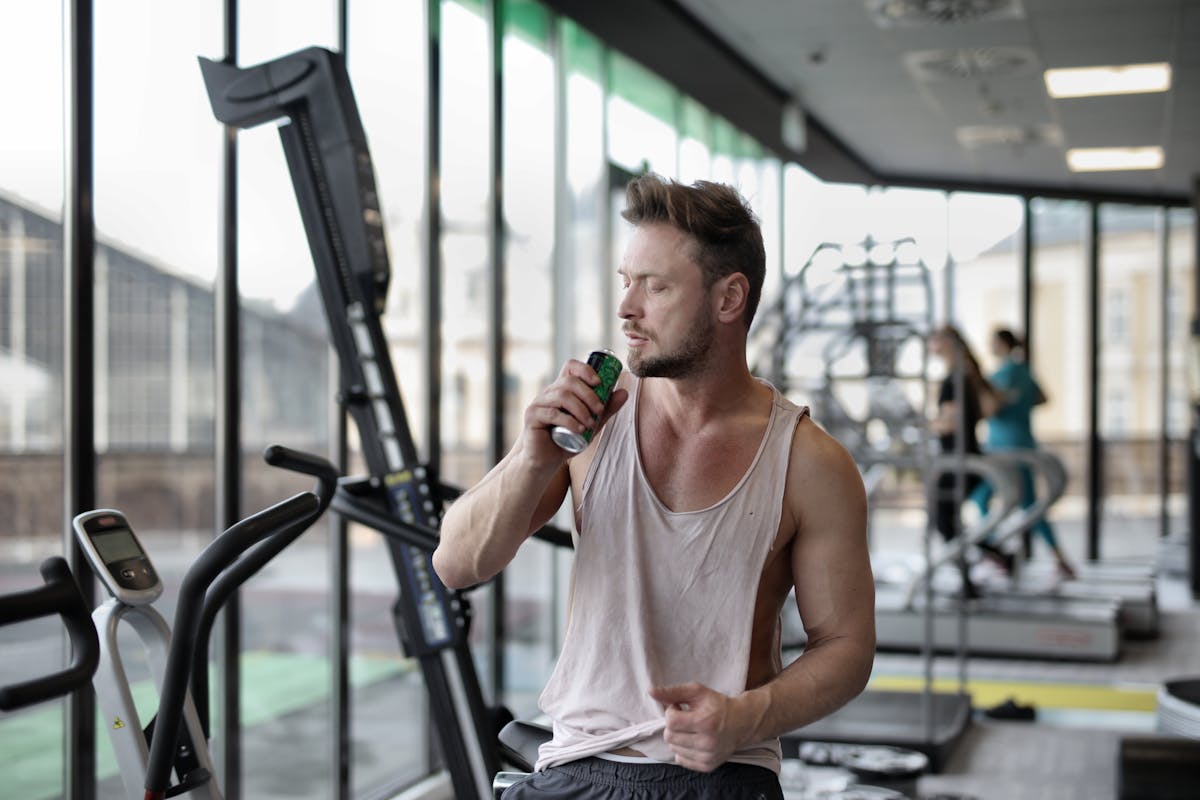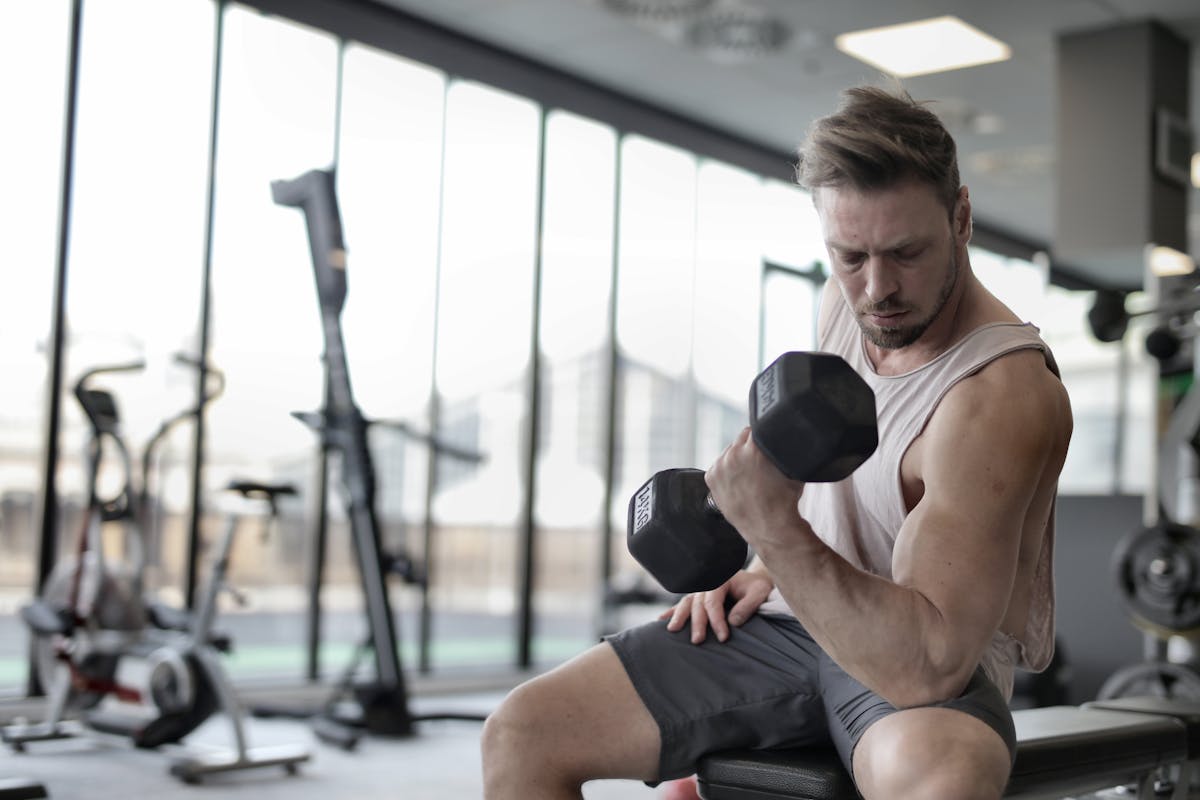Exercise on a regular basis is one of the keys to an active and healthy life . Yet, for certain athletes, at certain times they may not have enough energy and motivation to train. During these instances, pre-workout caffeine can be your answer to not have a lack of energy during your sport training.
This is because it is regarded as a psychoactive drug with the stimulating effect that, apart from offering disposition and energy, it can also enhance the athlete’s physical performance.
These and other characteristics of the substance make it one of the most consumed drinks in the world. So, if you want to use caffeine before training but don’t know how to start, stay here because this article may clear up your doubts. Follow along!
What is caffeine?
First found in the 19th century, caffeine is what is described as a chemical substance that has a direct impact on the activity of the central nervous system. Practically, the substance has an effect on some neurotransmitters that reduce, for instance, the sense of drowsiness. Meanwhile, adrenaline and other hormones are secreted into the blood, with the advantage of increased energy during exercise.
In other words, caffeine has a stimulating effect, which helps reduce the effects of fatigue and increase focus. Consequently, sports performance is improved due to its effect on the central nervous system.
In brief, this chemical compound, popularly known as caffeine, when ingested, is capable of signaling the body’s fat cells (which store fat), aiding in the athlete’s physical development.
How does caffeine’s ergogenic action work?
The ongoing quest for improved outcomes pervades the lives of sportspersons and certain strategies are necessary for effective performance in sports. One of them is the application of ergogenic resources that act as a help in enhancing mental strength, physical strength and mechanical proficiency.
One of the drugs employed for this is caffeine. Due to its easy availability and lack of much nutritional content, all sports persons take it in the form of fluids and foods, or supplement capsules. One can thus observe an improvement of remarkable magnitude in exercise performance with the administration of caffeine prior to exercise, as it produces an increase in efficiency, control and energy production.
Most importantly, the impact of caffeine differs from individual to individual. The strength of this drug may differ based on the amount of consumption, i.e., if a player consumes three glasses of the drink, it may not provide the same impact as someone who employs it before exercise.
Lastly, there are other factors to take into account to establish daily intake, including body weight and rate of consumption.
Should I take caffeine pre-workout?
Taking caffeine prior to training is functional, as it has numerous advantages. As reported by the European Food Safety Authority, taking doses ranging from 75 mg to 300 mg of caffeine on a daily basis (corresponding to 120 ml to 720 ml of coffee, respectively) supports physical performance.
Furthermore, there are differences between drinking coffee or capsules. In short, the amount of caffeine in the beverage can differ based on the grain type, how it is prepared and the amount it is used . A supplement allows for the measurement of the specific amount taken.
Precautions when ingesting caffeine
Caffeine is currently classified by the National Health Surveillance Agency as a nutritional supplement. However, its consumption should be controlled. Although it is highly recommended for people who want to improve their physical performance, it is important to take some precautions when consuming caffeine.
Excessive intake can cause problems such as:
- Stomach pain.
- Reflux.
- Problems with sleep quality.
- Anxiety spikes.
- Cardiac arrhythmia and palpitations.
Thus, while it is good for sports performance, it must be taken in moderation, after all, it is capable of causing serious health issues. In case you experience any complications using it, it is advisable that you consult a doctor so that your case is examined.
What are the benefits of consuming caffeine?
For some people, caffeine is an essential item in their daily lives, mainly because it is a natural stimulant that acts quickly in the body. In addition, the substance works as a thermogenic, as it acts in the body by stimulating the acceleration of metabolism for energy expenditure, increasing the body’s energy consumption .
Furthermore, caffeine can bring a series of health benefits , such as:
- Increased ability to concentrate.
- Energy promotion.
- Improved physical performance.
- Increased energy expenditure.
- Between others.
After all, does caffeine before training help with physical performance?
Yes, caffeine prior to training is beneficial for athletes when it comes to their athletic performance, and it can also aid in the alleviation of fatigue and mood. Nevertheless, one must note that taking this drug is applicable to other purposes aside from sports but not necessarily imperative.
If you have decided to add caffeine to your pre-workout, remember that supplementation of any kind must be performed under the guidance of a professional. Indeed, nutritional supervision will set the right dosage to be taken based on your objectives. This way, you can enhance your sporting performance without excesses that can jeopardize your health!




14 thoughts on “Can pre-workout caffeine help physical performance?”
Comments are closed.